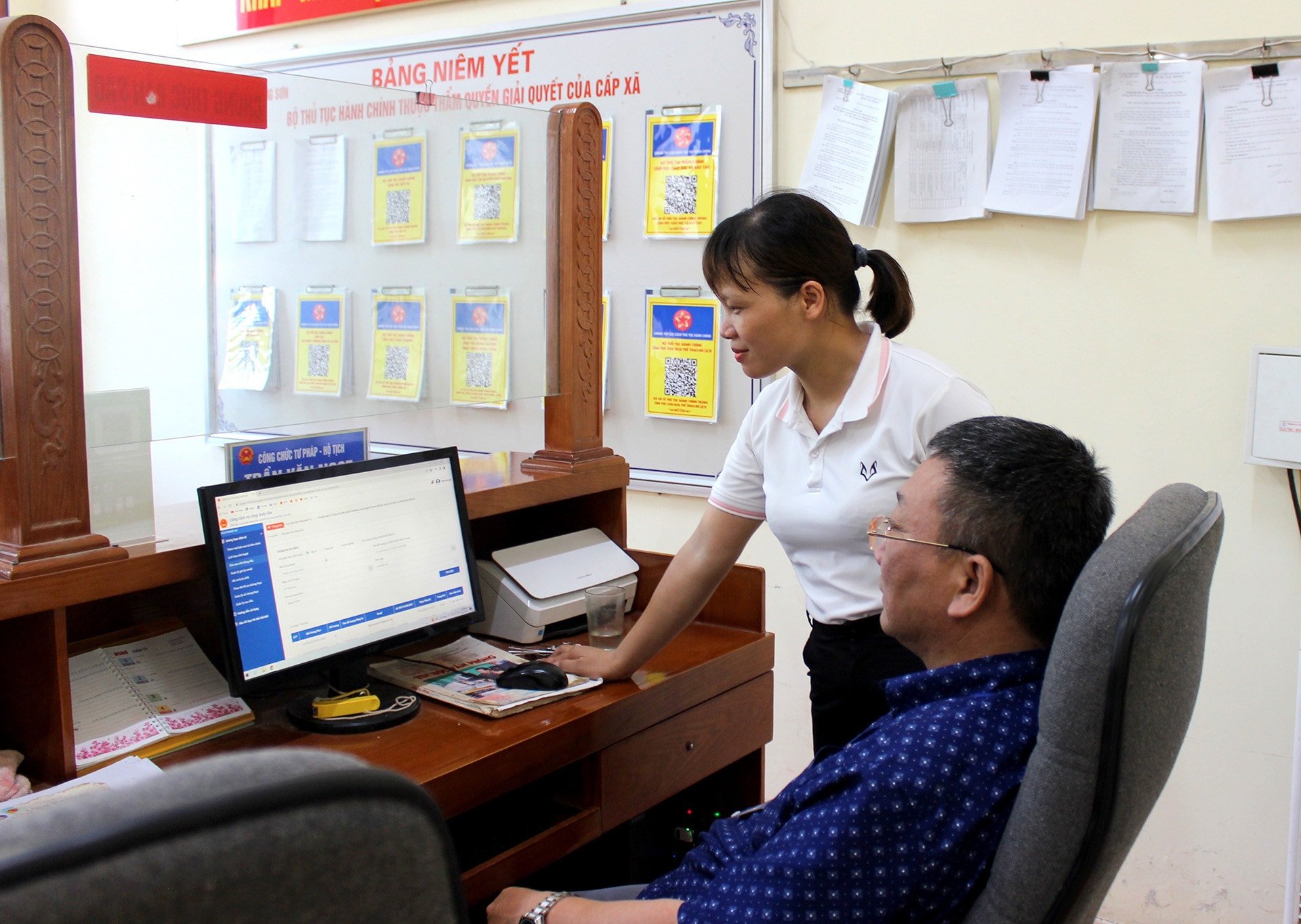
That is the issue that many commune-level officials and civil servants in a number of provinces and cities sent to the Ministry of Home Affairs in the early days of operating the two-level local government model.
Mr. Nguyen Van An (born June 9, 1969), a commune official in Nam Dinh province (now Ninh Binh province), reported that he has a university degree and has participated in compulsory social insurance for 25 years.
Implementing the policy of arranging administrative units according to Decree 178/2024, on May 19, he submitted an application for early retirement from July 1 according to the provisions of Article 7 of this Decree. His application was approved by the Commune People's Committee and the dossier was sent to the Provincial People's Committee for consideration and settlement of retirement benefits.
However, as of June 29, the Department of Home Affairs has yet to respond in writing. Meanwhile, according to the decision on assignment of tasks from July 1, Mr. An continues to be assigned to work at the Office of the People's Council and People's Committee of the commune.
Mr. An asked: In the case of having completed the application for early retirement but not yet resolved, after July 1, if still assigned new tasks, can they retire according to Decree 178/2024 or not? If they continue to wish to retire after that time, what procedures need to be followed?
The Ministry of Home Affairs responded as follows: According to Article 2 of Decree 178/2024 (amended and supplemented in Decree 67/2025), Mr. An is directly affected by the arrangement of administrative units, which is a condition for consideration for early retirement.
However, the settlement of this regime is not directly decided by the Ministry of Home Affairs, but is decentralized to local authorities.
Specifically, according to Articles 17 and 19 of Decree 178, the responsibility for reviewing and resolving early retirement for cadres, civil servants and public employees falls under the authority of the head of the agency or unit directly managing and employing the cadres.
After receiving consensus from the direct management unit (in this case, the Commune People's Committee), the Provincial People's Committee will be the competent authority to consider and make the official decision.
Therefore, in Mr. An's case, the lack of a response from the Department of Home Affairs does not mean that he cannot retire, but that the case has not been completely resolved.
The Ministry of Home Affairs requested that he continue to send petitions to the competent authorities of the province for consideration according to the correct procedure.
Thus, cadres affected by the administrative unit arrangement can retire early according to the provisions of Decree 178 and 67. However, whether or not to retire depends on the decision of the provincial People's Committee, based on the records and proposals from the unit directly managing the cadres.
Nguyen Quang Dung, Head of the Department of Civil Servants and Public Employees (Ministry of Home Affairs), added: Decrees 178 and 67 have very strict regulations, not everyone who requests leave will be considered for leave. Agencies and units managing cadres and civil servants must make a comprehensive assessment and review who does not meet the requirements and tasks of the new job before considering leave.
According to Mr. Dung, before issuing Decree 178, the Politburo had set out the requirement that the issued policy must ensure the rights of those directly affected by the arrangement and organization of the apparatus, while at the same time retaining capable people to stay and work, and removing those who do not meet their duties from the apparatus.
VN (according to Vietnamnet)Source: https://baohaiphongplus.vn/bo-noi-vu-giai-dap-viec-can-bo-xin-nghi-huu-truoc-tuoi-nhung-chua-duoc-giai-quyet-415759.html


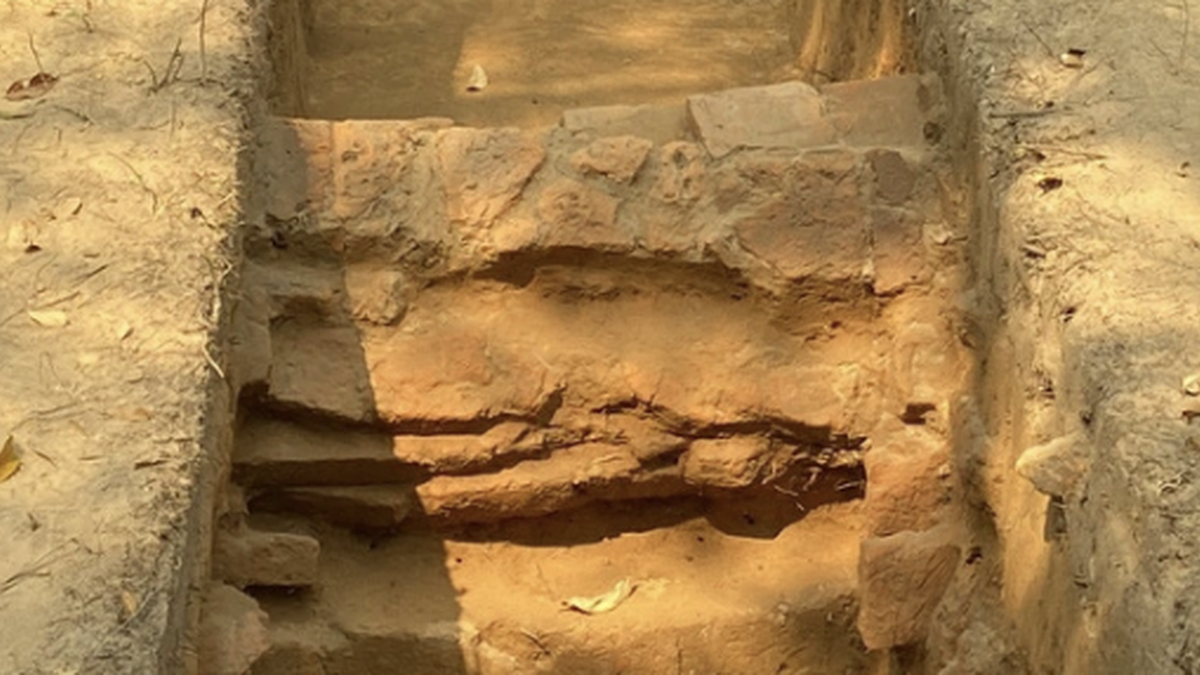

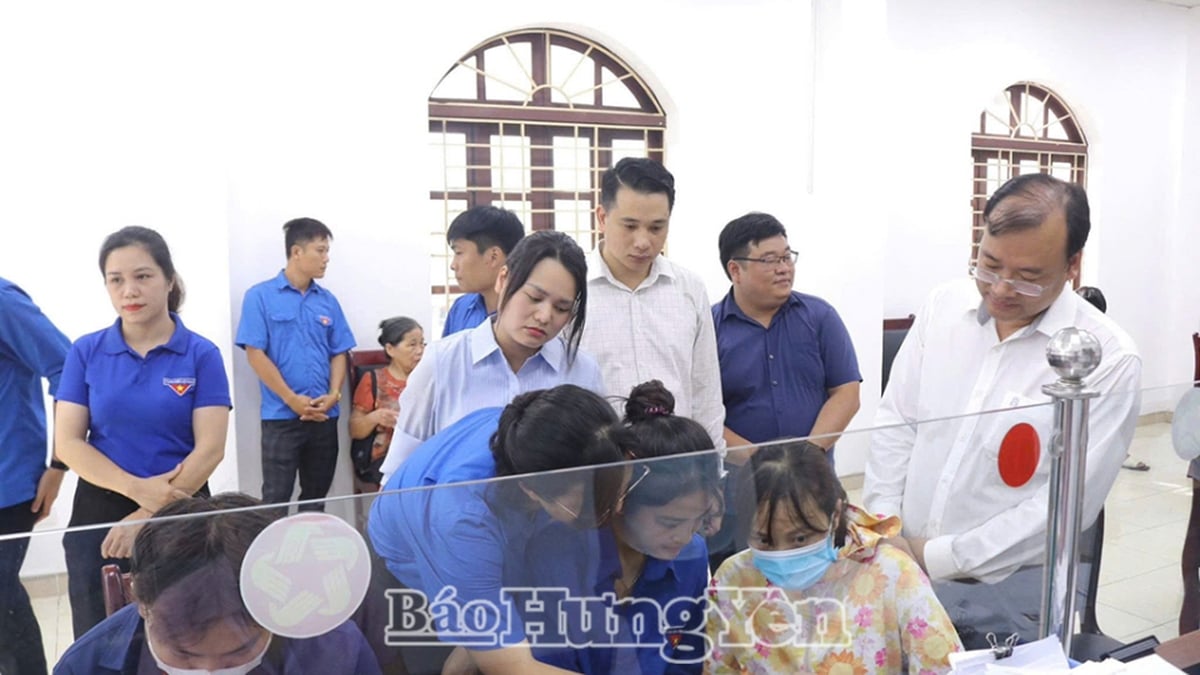

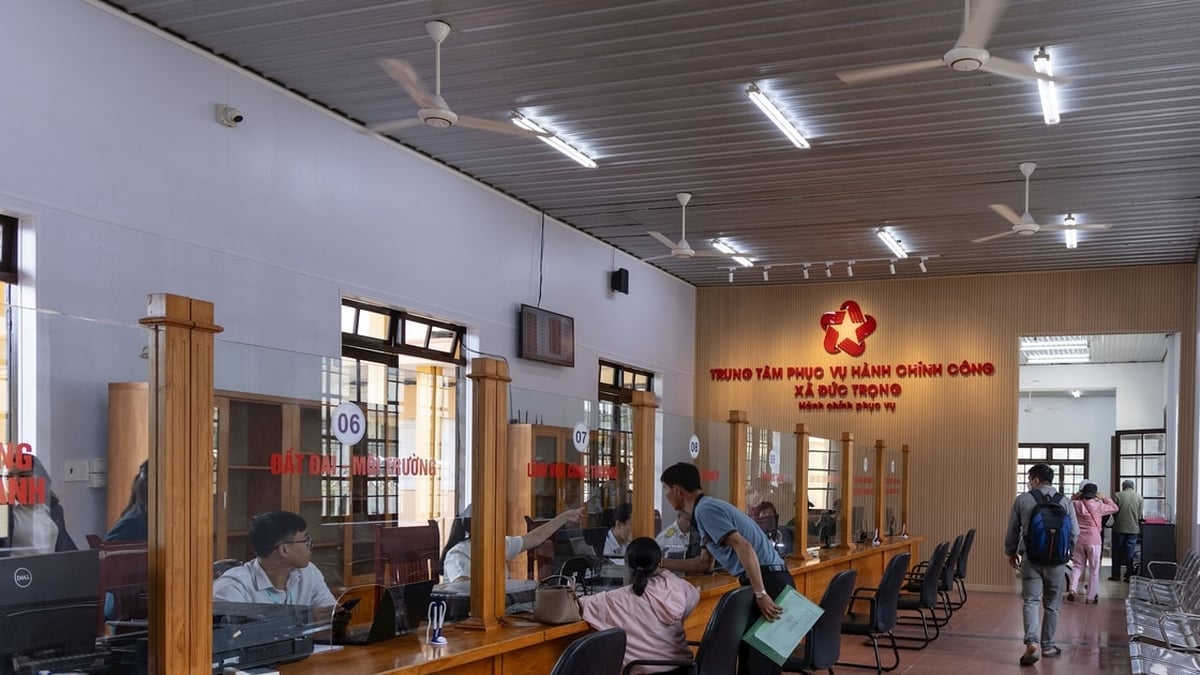
![[Podcast] No need to change passport or citizen identification when administrative boundaries change](https://vphoto.vietnam.vn/thumb/1200x675/vietnam/resource/IMAGE/2025/7/9/dfcd127b84b24a19a031801698c9a51f)
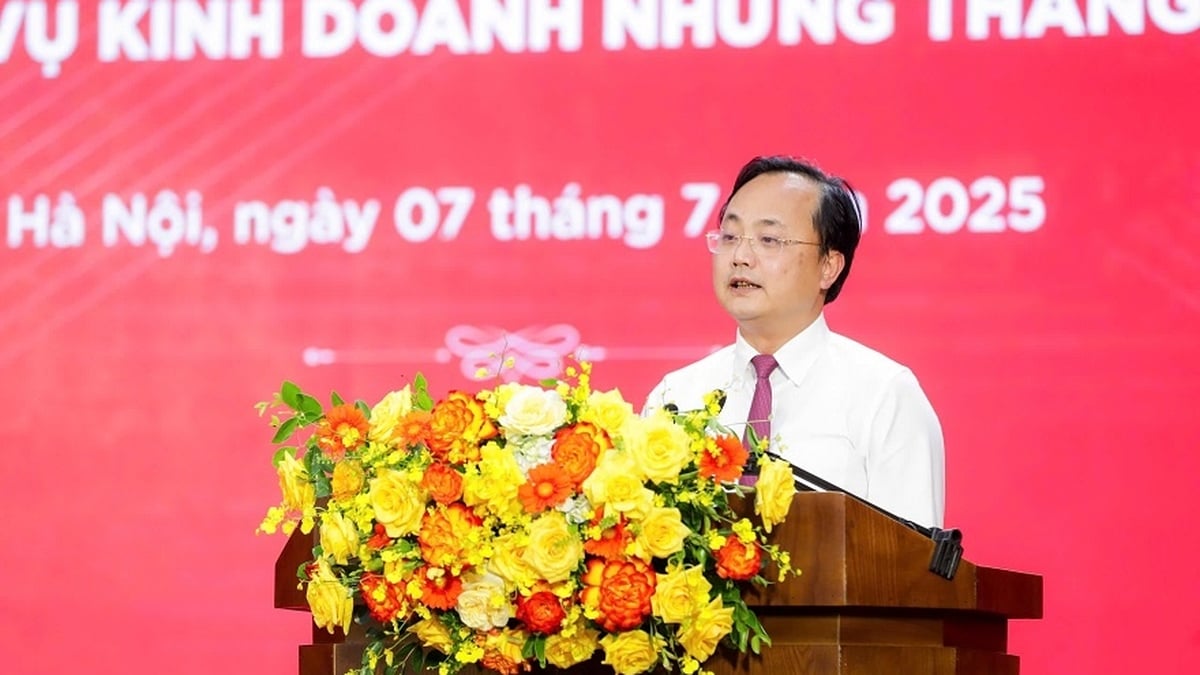


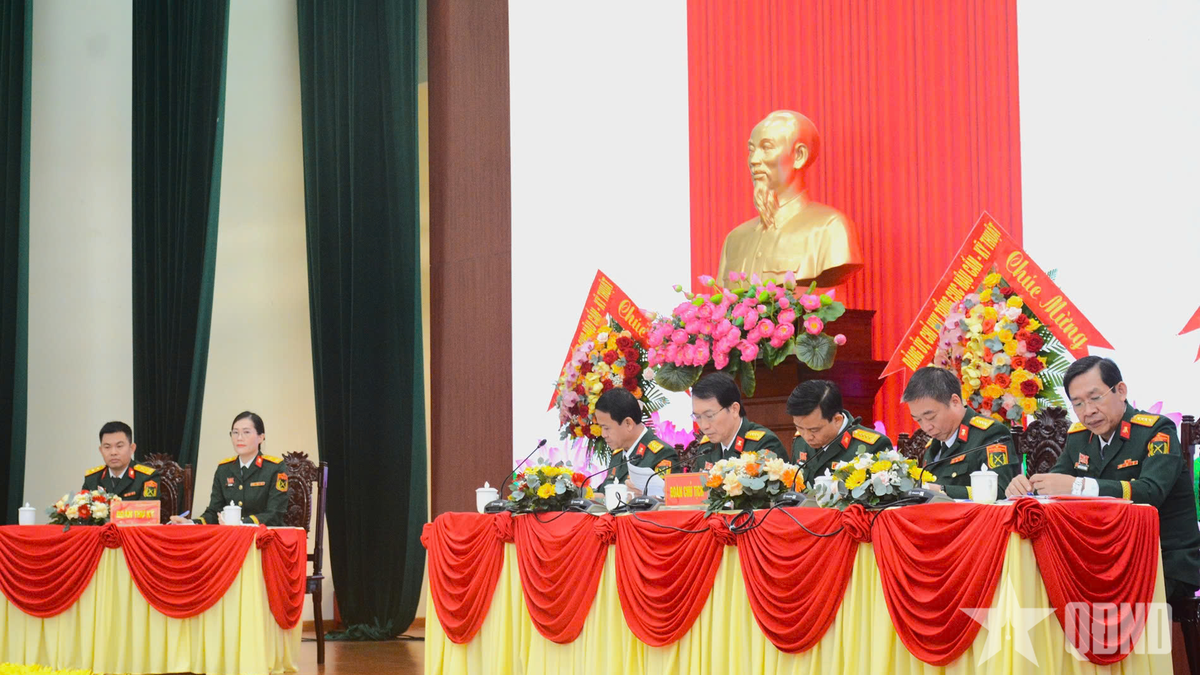









































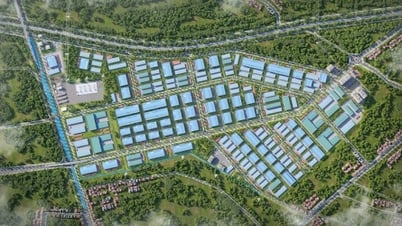






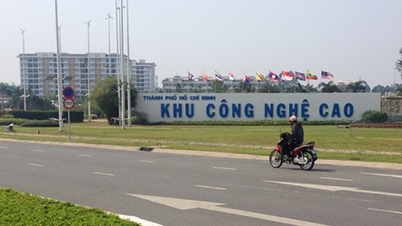

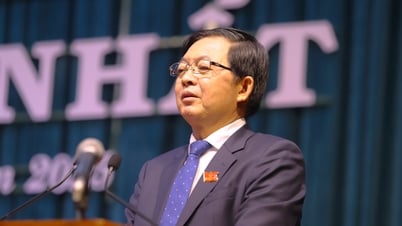


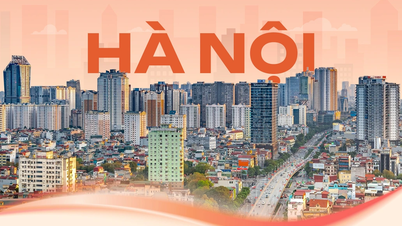






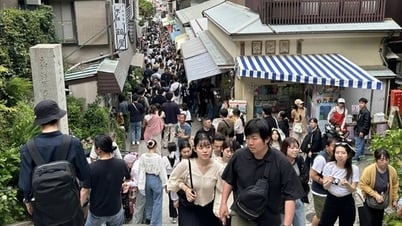

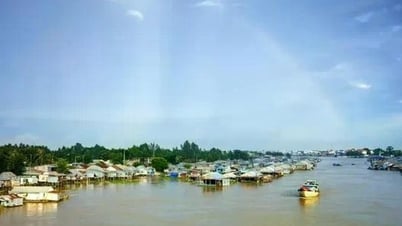
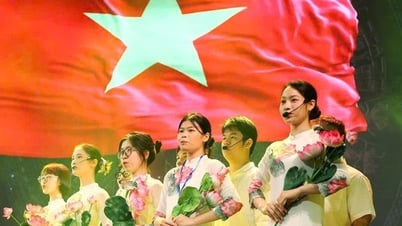







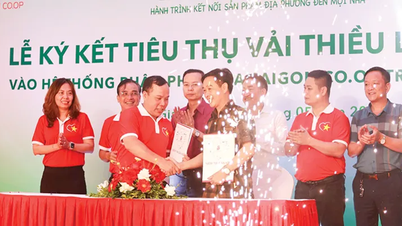

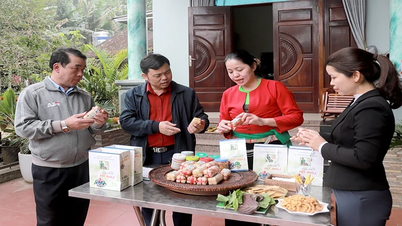












Comment (0)